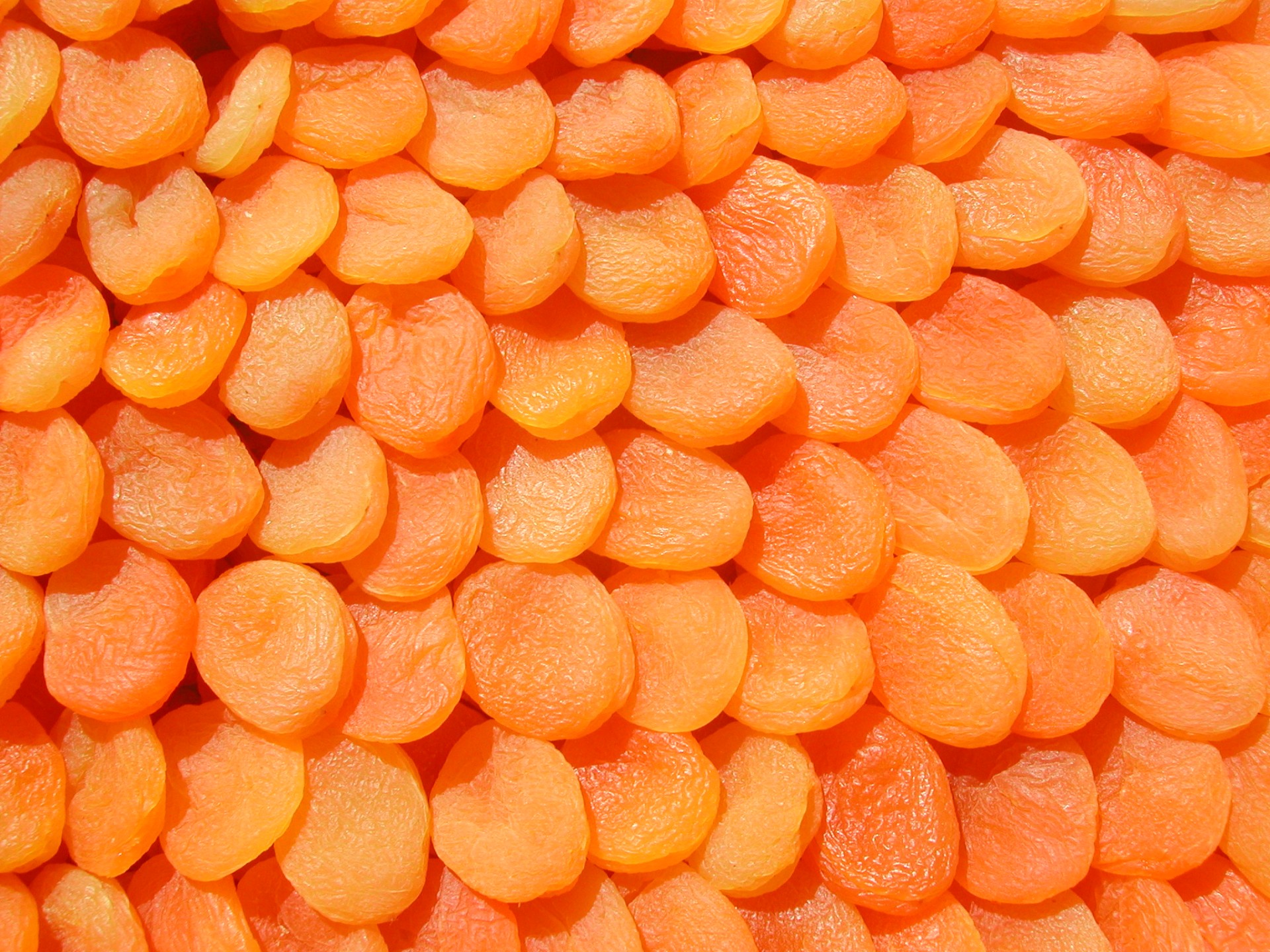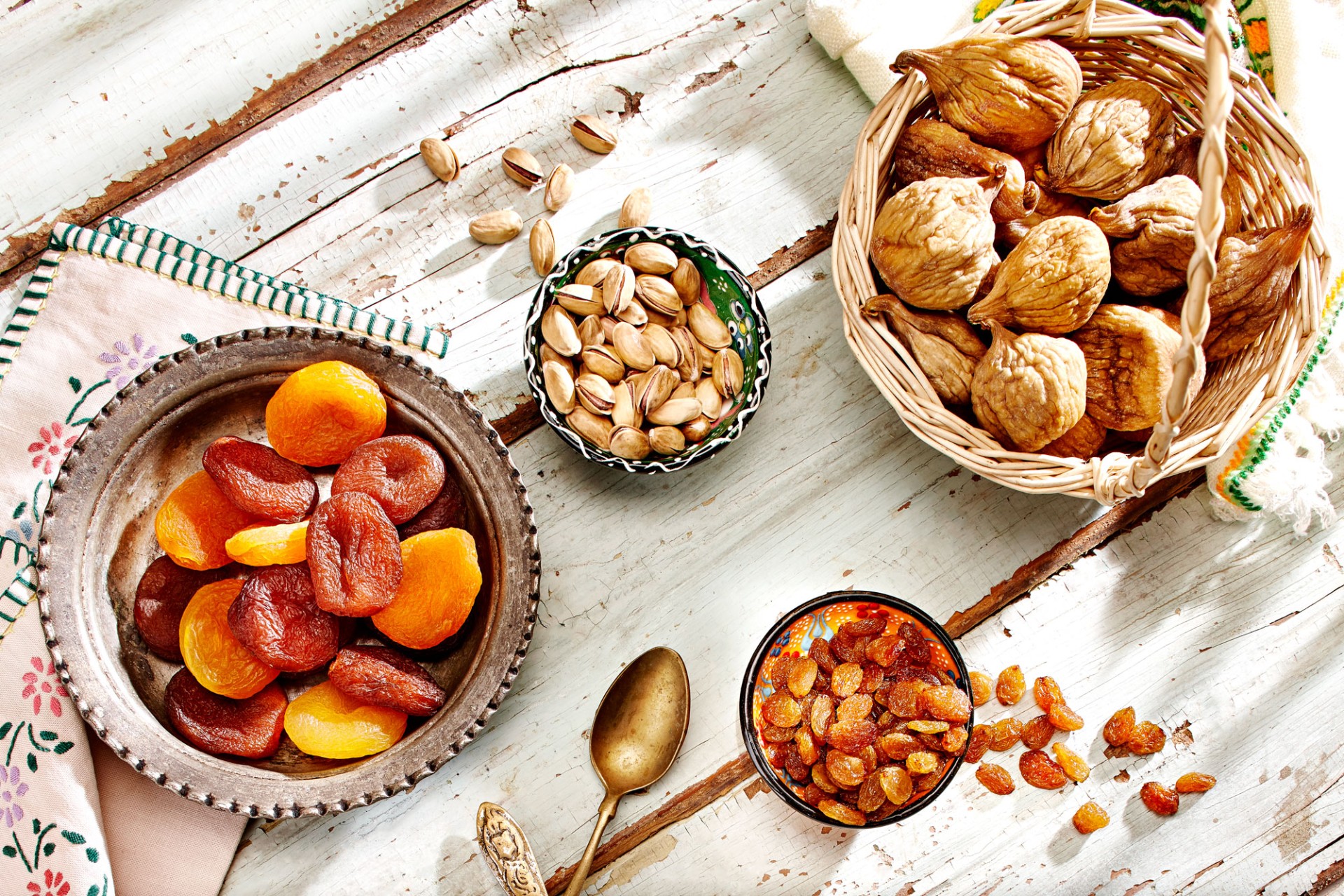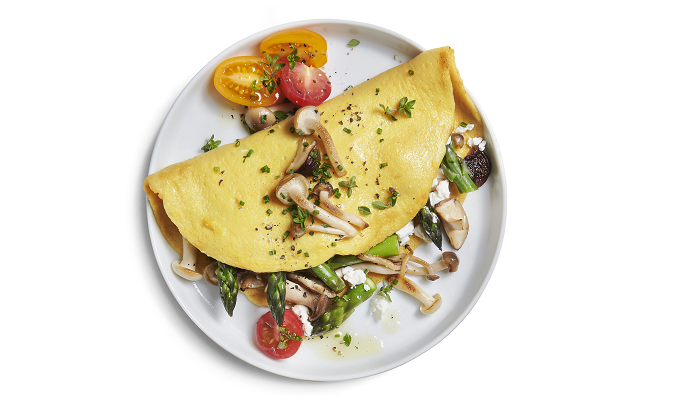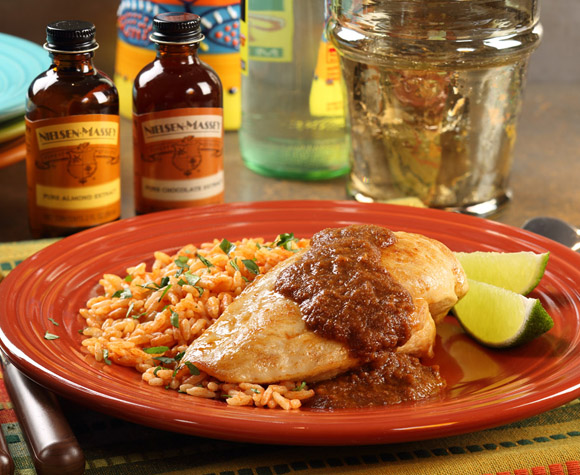Turkish figs, Turkish apricots, raisins, and other dried fruits have already found their spot on our weekly shopping lists. It’s never been easier than now to find them in all national grocery stores. And, now, many local and specialty stores provide you with dried fruit options from Turkey.
Dried Fruits – Food & Beverage
Let’s take a quick look at the facts & figures for these healthy products:
- Turkiye is a fertile agricultural country, with its quality products and the experience gained over a century of export all over the world.
- It is the globally leading producer of the best-dried figs, dried apricots, and raisins that are exported to 150 countries, mainly the US and the EU countries.
TURKISH APRICOT
- A large area, which covers Turkistan, Central Asia, and Western China, is considered to be the motherland of apricots.
- Dried apricot is derived from fresh apricot, there are two types:
- Natural dried apricots are dried directly under the sunlight and have a light to dark brown color. They are not treated with sulphur dioxide.
- Sulphured dried apricots, which are treated with sulphur dioxide (SO2) in order to provide a lighter coloring and a longer shelf life. The coloration is between light yellow and orange.
- Dried apricots are often consumed as a snack, and after grading are also mixed with other dried fruit and nuts, as well as being an important ingredient in chocolate snacks, baked cakes and desserts and breakfast cereals. They are usually supplied whole, but can be supplied in halves or slabs

Health Benefits of Apricot
- The main aspect of the apricot is its richness in fiber, vitamins and minerals and as a consequence, it is regarded as a valuable fruit and natural medicine.
- The apricot is rich in carotene , which is found in vitamin A, and this vitamin is known to be a cancer fighter.
- Regarding minerals, the apricot has low sodium and high potassium contents, which makes it important for diet programs.
Why Turkish Dried Apricots?
- Naturally dried under the sunlight and have a light to dark brown color
- Healthy snack, and an important ingredient in chocolate snacks, baked cakes and desserts and breakfast cereals
- Supplied whole, halves or slabs
- Turkey is the World’s major producer and supplier of dried apricots
- Turkish apricots are mostly produced in Malatya province known as the “Dried APRICOT Capital of the WORLD”
TURKISH FIGS
- A sacred, symbolic and mystic fruit in ancient Greek and Roman civilizations and in holy books.
- The latin name of edible fig (F. carica) comes from Caria region in southwest Turkey which had been an active region both in production and trade during 1st millennium B.C.
- Dried fig fruit of this superb variety are brownish in color, soft in texture, big in size and rich in nutritious aspects.
- Being dried naturally under sun, fruit have low water activity levels that allow longer storage and transportation under ambient conditions.
- The dried fig is a very low energy (sun-dried) and water (rain-fed) demanding production with very low carbon footprint and low-input (e.g. pesticides, fertilizers) use.
Health Benefits of Fig
- Very rich in antioxidants, dietary fiber and minerals.
- Has high sugar content composing of merely monosaccharide half being fructose and half glucose.
- Recommended as a part of children’s and the elderly diets and those who are recovering from a long period of illness.
- The composition of dried figs helps to lower LDL and be preventive for heart and vein diseases.
- The laxative properties have been well known for millennia.
- High Potassium, Calcium and Magnesium levels despite low sodium make it a rich source of minerals.
- The Calcium content of dried fig per 100 g is higher than milk so it is recommended as a calcium source for those with milk intolerance
Why Turkish Dried Figs?
- A sacred, symbolic and mystic fruit in Holy books.
- Brownish in color, soft in texture, big in size and rich in nutritious aspects.
- Delicious Sarılop (also known as Calimyrna) variety.
- Dried naturally under sun
- Low energy (sun-dried) and water (rain-fed) demanding production
- Low carbon footprint and low-input (e.g. pesticides, fertilizers) use.
SULTANAS & RAISINS
- Turkey is genetically center of the raisins and the motherland of Sultanas. Grape has been cultured in Anatolia since 6000 B.C.
- In Early 1800’s a Nursery owner named William Thompson has carried the samplings of grapes to CA, and since then its named as Thompsons.
- Aegean region’s ecology and soil have evolved in such a way that allows to make skin of the grape very thin, and makes the inner part meatier, thus richer with phenolic substances.
The drying methodology makes the difference of Sultanas and Thompsons.
Health Benefits of Sultanas & Raisins
- Rich in mineral and antioxidants
- 50 % Glicose and 50 % Fructose formation
- Quick energy
- Fe+2 source for anemia
- Protective against tooth decay
- It strengthens our immune system and protects the hearth
Why Turkish Sultanas & Raisins?
- By dipping the shortened time of drying disables the enzyme to oxidize and the most preferred light color of the berries is protected during the drying process.
- With its natural variation in golden shades, Turkish Sultanas add a wonderful contrast of colors to cakes, pastries, and biscuits.
- As the world’s largest exporter of Sultanas, Turkey is supplying internationally recognized manufacturers meeting the exacting standards you would expect from globally branded products.
Read Also: SevenRooms Enhances Restaurant Guest Relations – F & B







